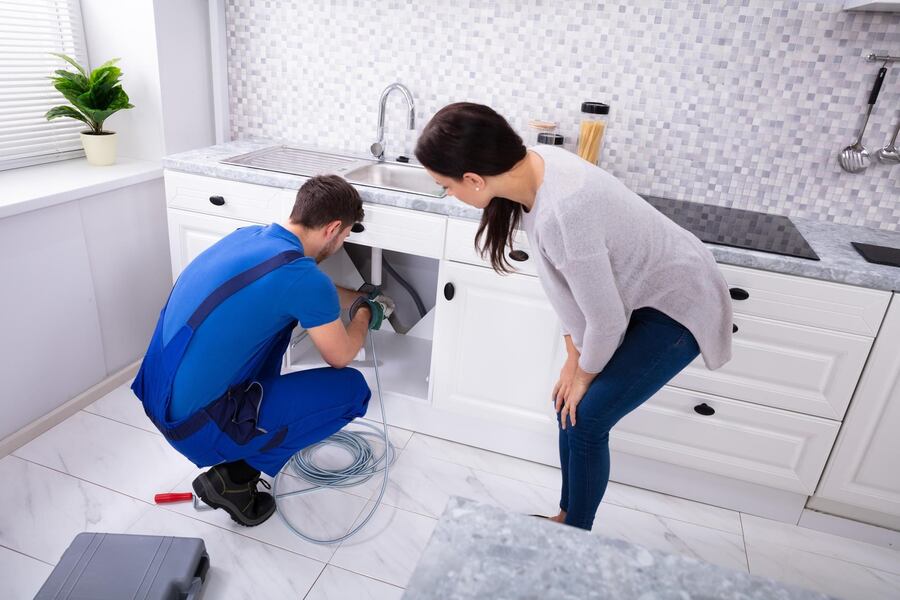Dos and Don’ts for Kitchen Drains
Kitchen drains are essential components of a household's plumbing system, yet they can easily become blocked or damaged by misuse. Understanding the correct methods can help you avoid expensive fixes and maintain the effectiveness of your kitchen plumbing. Whether you are facing a small blockage or looking to prevent future problems, here are some important tips for kitchen drain maintenance.
Do’s
- Properly discard grease: Make sure to always discard cooking oil and grease in a different container instead of pouring it into the sink. Grease hardens when it cools, resulting in difficult blockages. In case of a grease blockage, reach out to a trustworthy plumber to resolve the problem securely.
- Employ a drain strainer in your sink: A basic drain strainer can stop food particles and waste from getting into your pipes. Making a small investment will safeguard your kitchen pipes and lower the chances of blockages.
- Rinse with boiling water: Consistently running hot water through your kitchen sink helps to dissolve soap residue and small grease deposits. It is a fast, preventative action that can reduce the necessity for professional drain cleaning.
- Arrange regular upkeep tasks: A skilled plumbing service can examine your pipes, remove small blockages, and detect possible problems before they get worse. Routine upkeep guarantees efficient functioning of your kitchen's plumbing system.
- Request assistance from a professional when necessary: If you experience continuous drainage issues, do not delay in contacting a plumbing repair service. Trying to fix serious blockages on your own can make the situation even worse.
Don’ts
- Prevent the disposal of leftover food: Despite the presence of a garbage disposal, it is best to refrain from disposing of fibrous, starchy, or tough food items such as potato peels, coffee grounds, or bones down the drain. These have the potential to harm your garbage disposal or block your plumbing system. Instead of that, throw away food waste in the garbage or compost it.
- Avoid using chemical solutions for unclogging drains: Although chemical cleaners offer fast outcomes, they have the potential to damage your pipes and negatively impact the environment. Using professional drain cleaning services is a safer and more effective choice for difficult blockages.
- Always pay attention to sluggish drainage: A sluggish drainage is frequently the initial indication of a forming blockage. Neglecting it can result in a total obstruction, necessitating thorough repairs. If you observe that water is draining slowly, contact a plumber at Texas Rooter right away to solve the problem.
- Prevent overwhelming your garbage disposal: Your garbage disposal should not be used as a dumping ground for all types of kitchen waste. Putting an excessive amount of food in it can overwhelm the system and result in blockages. Utilize it in moderation and keep cold water running when it is in use.
- Avoid putting off repairs: If you observe leaks, strange smells, or gurgling noises coming from your drain, get in touch with a plumbing repair service right away. Putting off repairs can result in more serious issues such as water damage or pipe corrosion.
Keeping up with the maintenance of your kitchen drains does not need to be difficult. By adhering to these dos and don'ts, you can avoid typical problems and extend the longevity of your kitchen plumbing. Depend on a professional plumbing service for ongoing issues or regular maintenance to ensure your system remains in top-notch shape. A skilled plumber at Texas Rooter can assist in keeping your kitchen operational and worry-free with routine drain maintenance and urgent fixes.
